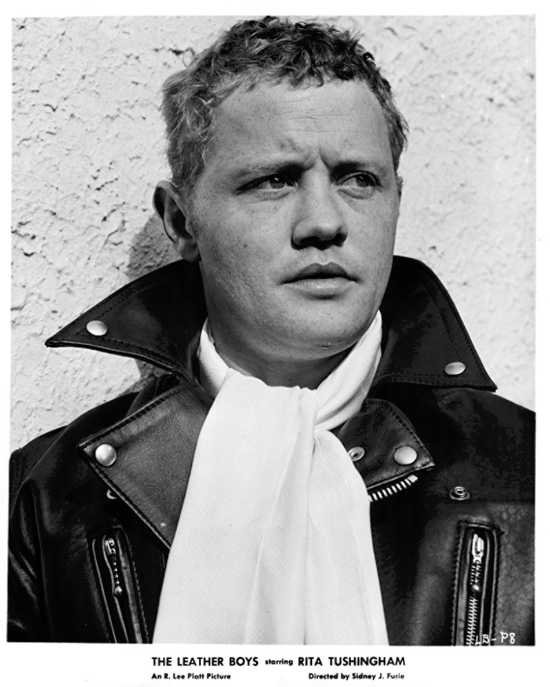
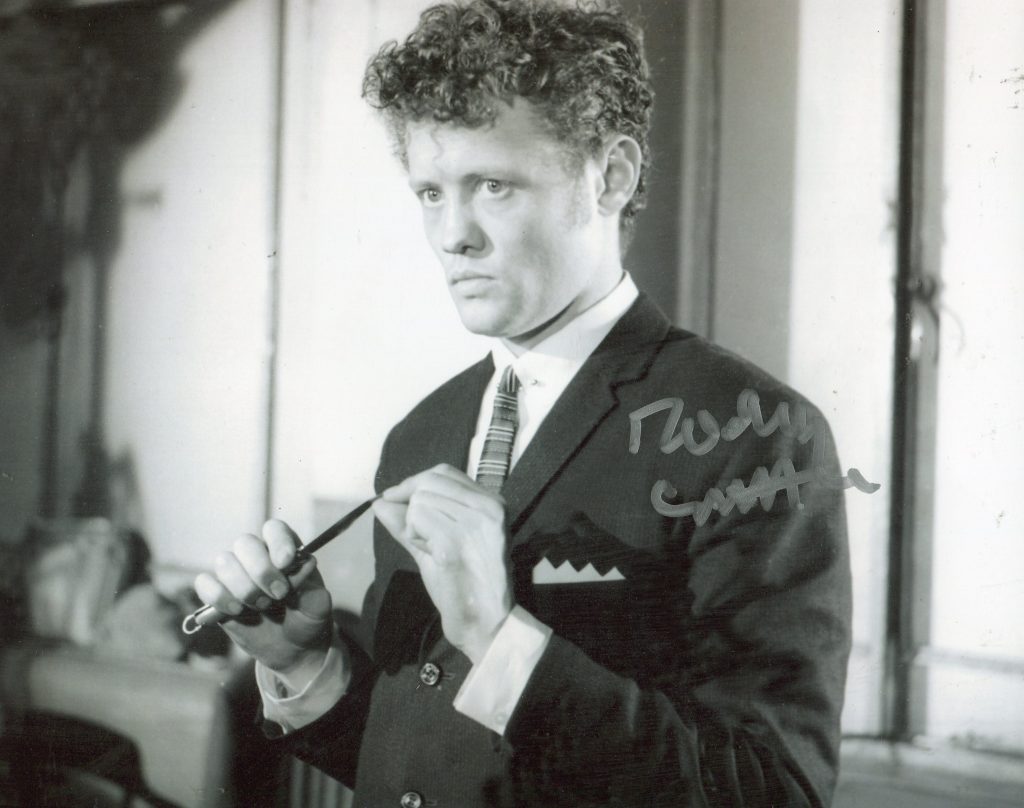
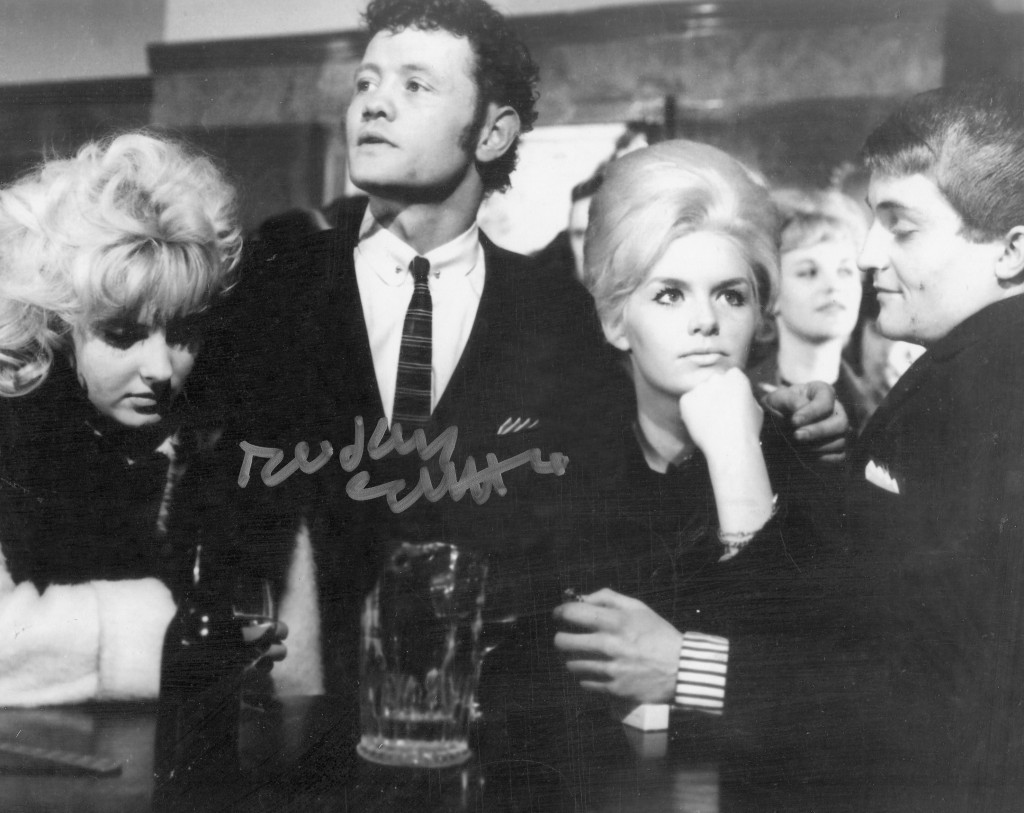
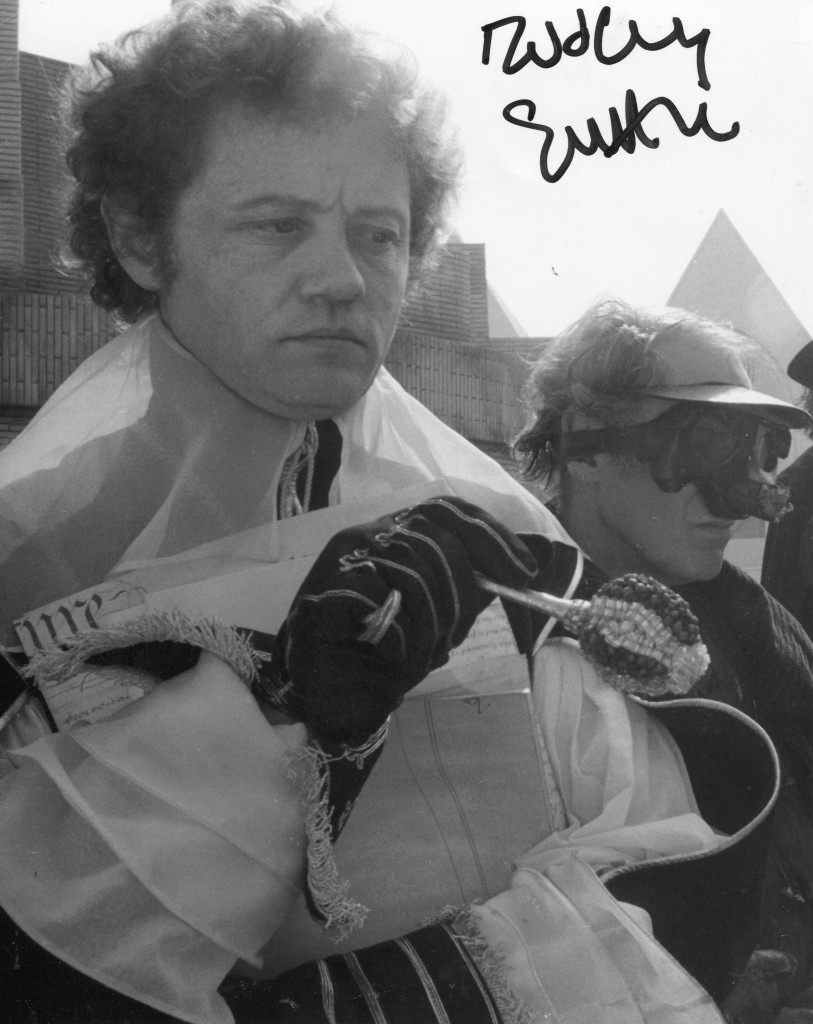
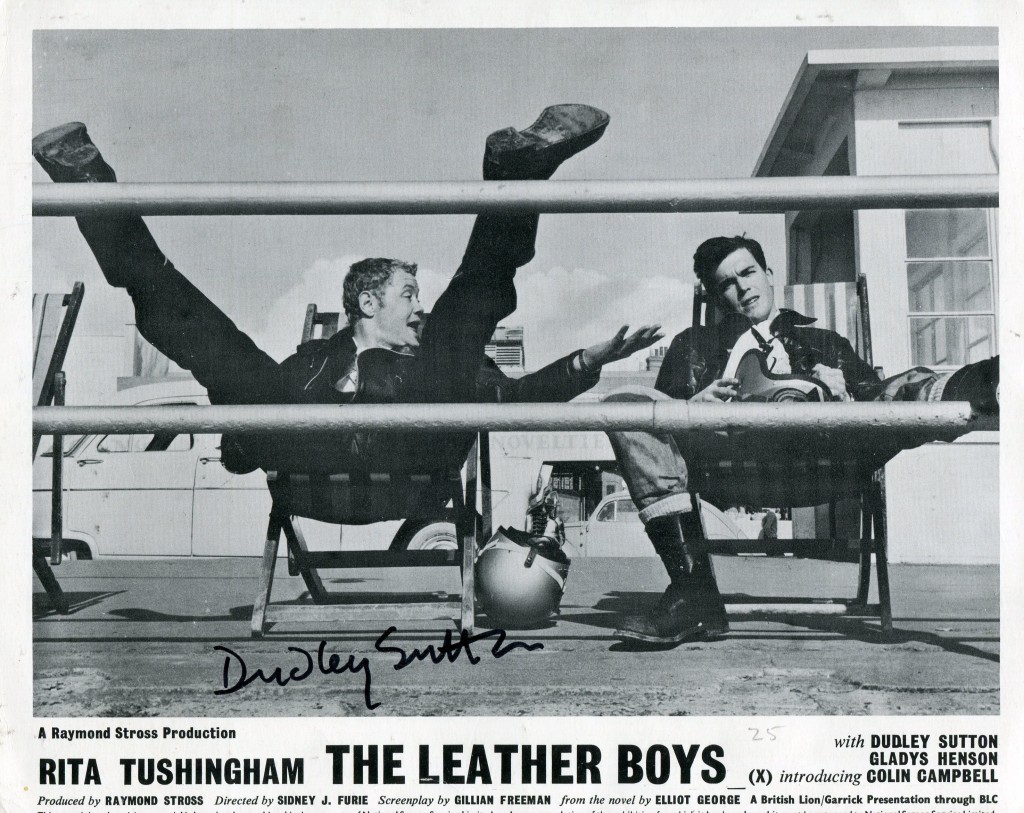
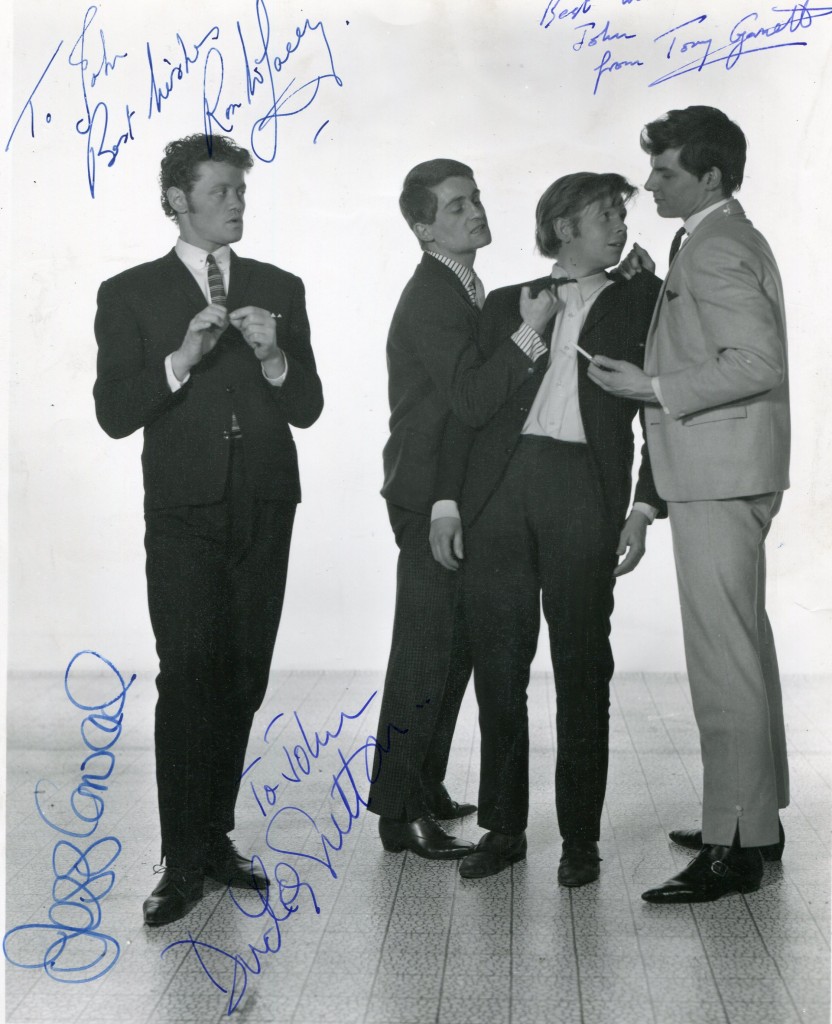
The great Dudley Sutton was born in 1933 in Surrey. His film debut was in “Go to Blazes” with Maggie Smith in 1962. The same year he featured in “The Boys” with Richard Todd and Robert Morley, a court room drama. In 1963 he socred a huge success as a biker in “The Leather Boys” with Rita Tushingham. In 1971 he starred with Oliver Reed in Ken Russell’s “The Devils”. He had great success on television in “Lovejoy” with Ian McShane and currently appears in “Emmerdale”.
Dudley Sutton obituary in “The Guardian” in 2018.
Brimming with mischief, the gloriously uproarious Dudley Sutton was an actor who epitomised the Elizabethan view of thespians as rogues and vagabonds, “cony-catchers and bawdy-baskets”. His face provided theatre critics with years of poetic inspiration.
They described him as “a debauched cherub” and “a fallen angel”; the Guardian’s Michael Billington admired his “baby face battered with experience” in a production of Strindberg’s After the Fire at the Gate theatre in 1997, while another said of Sutton in Sam Shepard’s Curse of the Starving Class at the Royal Court 20 years earlier that he was “the only actor who can upstage a baby lamb”, spluttering insults from the side of his mouth “like a rustic WC Fields”.
Sutton, who has died aged 85, was powered by stern beliefs and a desire to upset the applecart, traits that produced well-observed turns in a vast rogues’ gallery of colourful supporting roles. His most famous television part was in the BBC’s Lovejoy (1986-94), which starred Ian McShane as a scallywag East Anglian antiques dealer and Sutton as his friend Tinker the tout.
Sutton originally turned down the role of Tinker Dill as he was written as a slovenly, dirty old scruff. Living opposite the antiques market in Chelsea, south-west London, Sutton knew how antiques dealers really dressed, and so sported a three-piece tweed suit, silk hanky and beret, making the part his own and the character a hit.
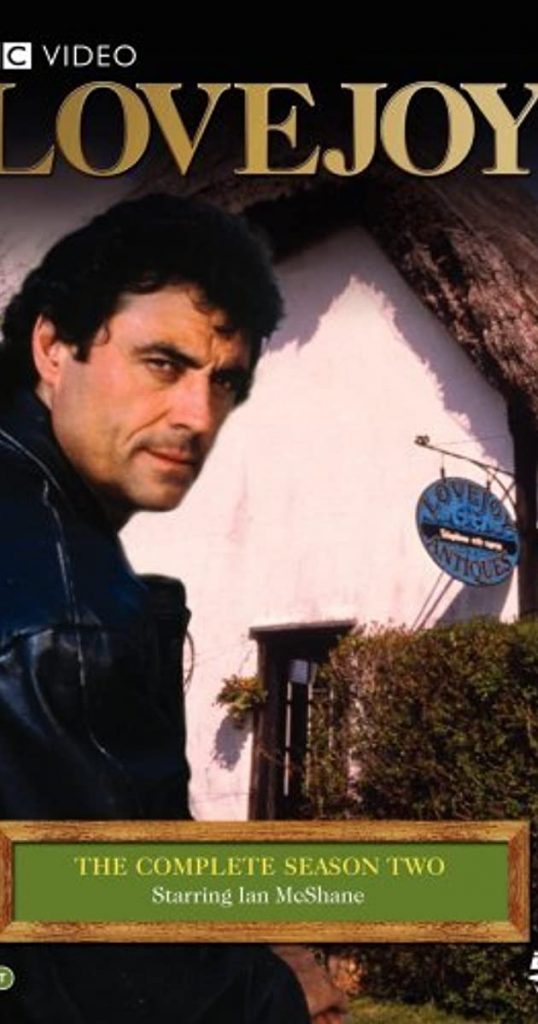
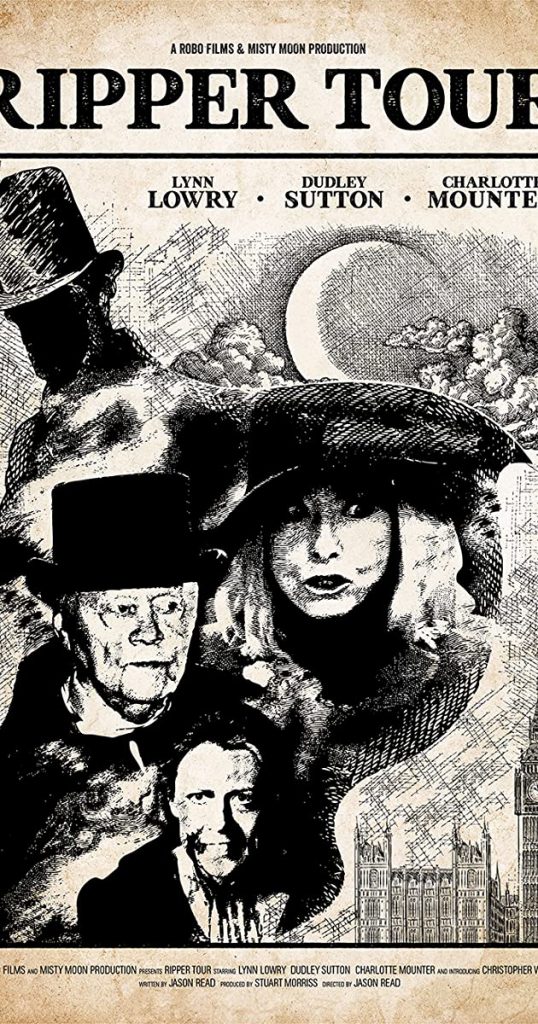
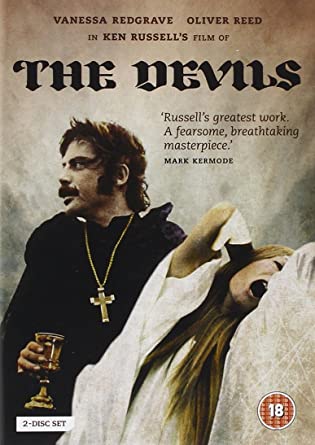
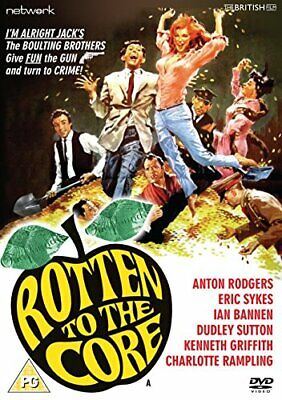
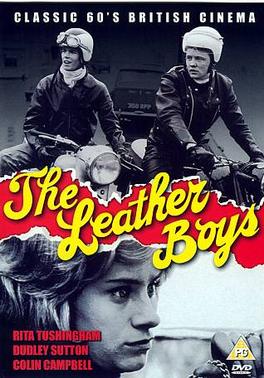
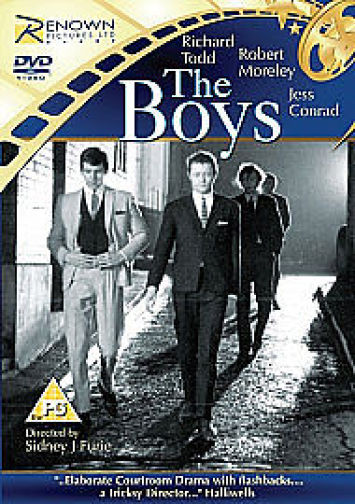
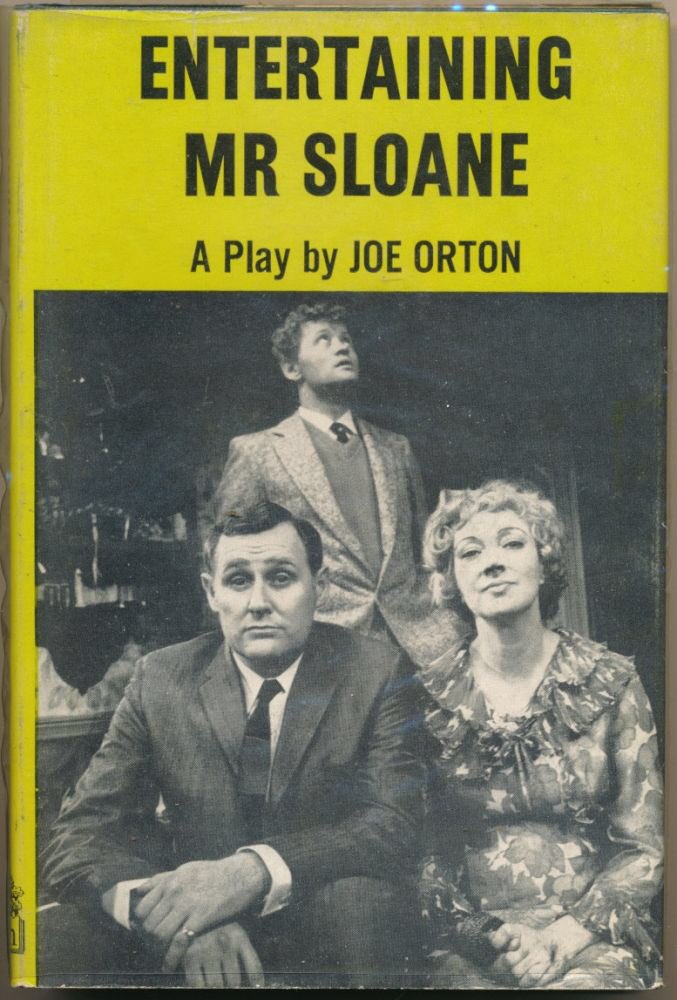
Sutton was born into a working-class family in Kingston upon Thames, Surrey; his father was a slot-machine manufacturer. Dudley won a place at Moffats, a Hertfordshire boarding school, which relocated to Lifton Park, Devon, at the outbreak of the second world war. He was impressed with the wealth of culture the school offered him, but his social background made him feel at odds with his fellow pupils. His embarrassment at being chosen to play a girl in the school play (thanks to his blond hair and blue eyes) quickly turned to excitement, however, as he fell in love with performing.
After school, he joined the RAF for five years, working as a mechanic and starring in amateur productions. He was encouraged by an RAF education officer to apply to Rada in London and enrolled in 1955, but he quickly grew bored and dispirited with the hierarchical atmosphere and plays reinforcing class stereotypes. He preferred to spend his days reading Camus and Sartre in Soho coffee bars, frustrated that the world seemed to be bursting with new ideas everywhere except at his drama school.
He visited Joan Littlewood’s Theatre Workshop in east London, and as he stepped off the tube found himself in a land “full of pollution, with railway yards and a Yardley’s perfume factory and these little half-doored two-up two-down workers’ cottages and I thought ‘this is brilliant’ … I went to this really beat-up, scruffy theatre and I loved it … it was everything my father hated.” He took to working in a coffee bar, fraternising with “teddy boys, hookers and these amazing West Indians who were selling spliffs”, was dismissed from Rada and joined Theatre Workshop, appearing in productions including Fings Ain’t Wot They Used T’ Be.
Littlewood believed not in stars but in collective genius, an ideology that Sutton stood by for the rest of his life. His political education, however, came more from his friendship with the Irish writer Brendan Behan, which flourished when Sutton appeared in a production of Behan’s play The Hostage in 1959, than it did from company members: he disliked Littlewood’s sentimentality about the working class, and she criticised him for being “middle-class, arty and public school”.
It was an exciting, fractious company and Sutton appeared alongside such distinctive actors as Brian Murphy, Yootha Joyce and Richard Harris. He was Malcolm in a 1957 production of Macbeth with Harris that travelled to the Moscow Art theatre, and adored Harris as much for his unruly behaviour as his theatrical force.
His most significant role on stage was heading the original cast of Entertaining Mr Sloane at the New Arts theatre, then Wyndham’s, in 1964. He found a kindred spirit in the playwright Joe Orton: “To fight the demon of homophobia with a West End comedy was brilliant,” Sutton thought. Sutton was vehemently committed to the legalisation of homosexuality, having seen gay friends hounded and humiliated.Advertisement
Two of his earliest roles in the cinema, in The Boys (1962) and The Leather Boys (1964), both directed by Sidney J Furie, allowed him to act on his beliefs. While filming the latter, in which he played a gay biker, he threw the producer off the set after being told he was “not being camp enough”.
In his first television appearances he found he was “giving away the family secrets” with over-expression, so instead he grew skilled at closing down his emotions, which led to a decade playing unnervingly cold fish in a variety of series. After he gave an intense performance as Eddy Black in The Saint in 1964, Roger Mooredescribed him as his personal favourite villain, but Sutton eventually tired of working on seemingly interchangeable crime series – while making a 1970 episode of Randall and Hopkirk (Deceased), he even tore up a scene and rewrote it with his co-star, Norman Eshley.
He ducked in and out of the theatre in later years, returning triumphantly alongside Albert Finney in Ronald Eyre’s production of Ronald Harwood’s JJ Farr at the Phoenix in 1987, and with one-man shows at the Edinburgh Fringe, Pandora’s Lunch Box in 2003 and Killing Kittens in 2006. He was also an entertaining poet, his work ranging from a Molière-inspired verse play to a eulogy on the glory days of London’s public conveniences.
Sutton was married four times, and is survived by three children, Peter, Barnaby and Fanny.
• Dudley Sutton, actor, born 6 April 1933; died 15 September 2018Topics


